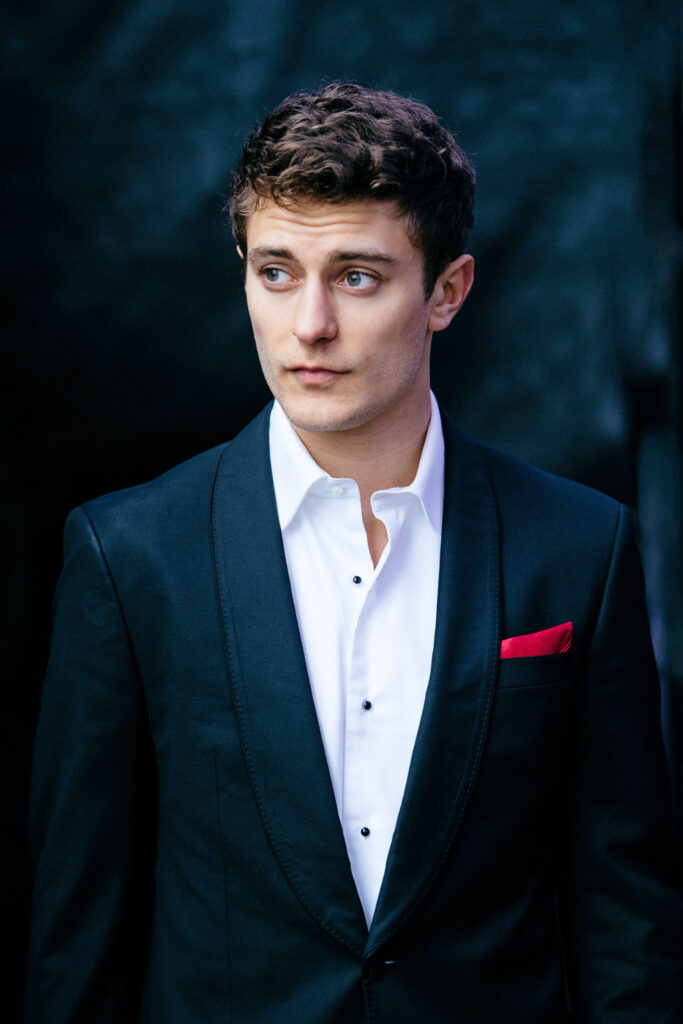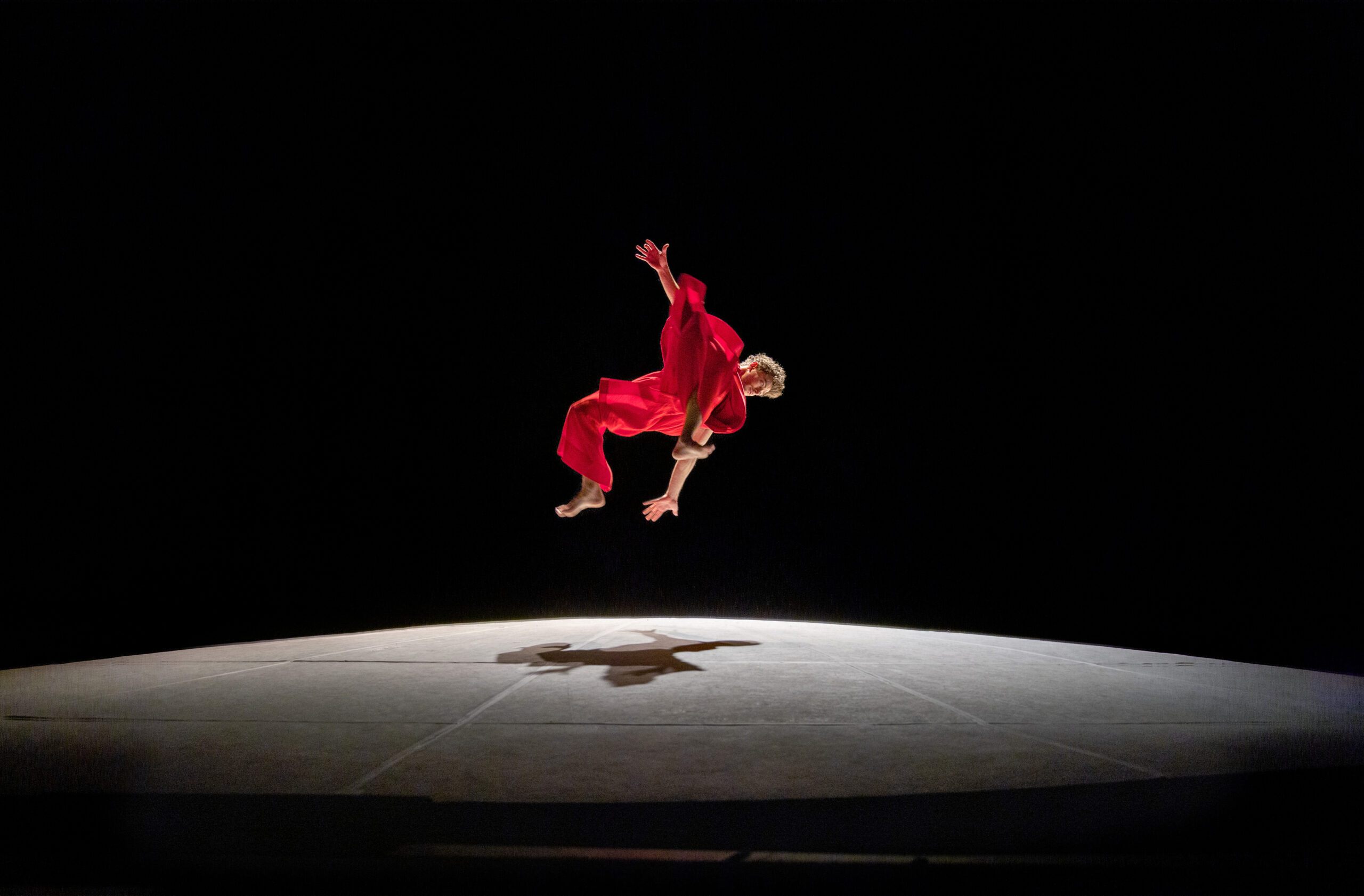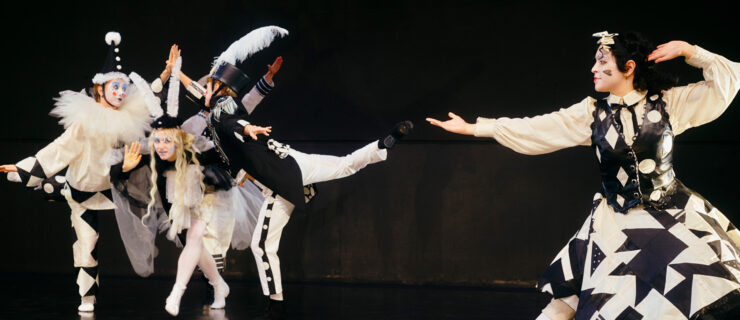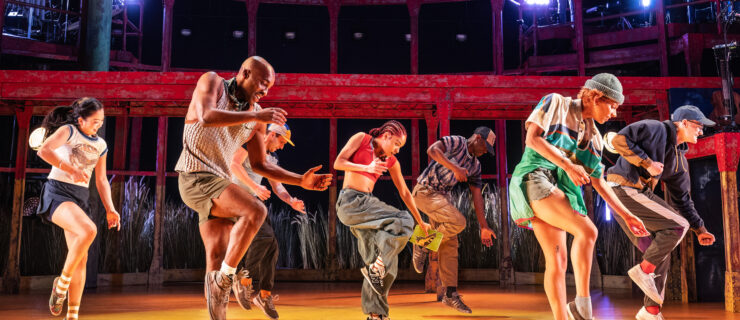Famed Countertenor Jakub Józef Orliński on Combining Breaking and Singing

There are world-class opera singers and there are award-winning breakers—and then there is Jakub Józef Orliński. The Polish countertenor, 32, is both an opera star and a talented breaker in the Warsaw-based crew Skill Fanatikz. His disparate talents merged in San Francisco Opera’s fall 2022 production of Christoph Willibald Gluck’s Orpheus and Eurydice. Choreographed by Rena Butler, the unique staging incorporated breaking-inspired solos and contemporary movement performed by Orliński as Orpheus, soprano Meigui Zhang as Eurydice, and a corps of six dancers. Orliński, who started singing as a child and discovered breaking at 18, is a Juilliard graduate, an esteemed recording artist and a veteran of international opera productions and recitals. He’s also modeled for brands like Nike and Mercedes-Benz on the side. He considers breaking an essential part of his creative practice—and in Orpheus and Eurydice, it was a defining element of the character he embodied.
I was always an active kid. I did skateboarding semiprofessionally, I did roller blading, snowboarding, skiing, acrobatics, capoeira, tennis. When I finally found breaking, it was an enlightenment. It was music—what I love the most—and physicality.
Breaking is very creative, and it does not have rules. You can do the moves in thousands of ways, and nobody can tell you it’s wrong, because it’s your style, it’s your flavor. When I’m dancing, I’m becoming a visible effect of the music I hear. It’s really freeing. As an opera singer, it’s really good for my mental health to let go.
Choreographers are really helpful in opera productions. Not by making everything dancy—they really help singers to get familiar with their own bodies and do things in an organic, natural way. In the opera world, artists tend to quickly abandon the idea of action because they are scared they are not going to be able to do it while singing.
If you do movement with singing, you have to try it a few times in order to say if it’s possible or not. We have a completely new generation of singers who are willing to take on that challenge.
There is a lift when I’m singing this very difficult piece, and I’m up in the air and the guys are twisting me. We worked on that for a long time, because they had to grab me in certain places and they cannot grab me in other places, because they would interfere with my breathing.
Rena knew what she wanted, but Orpheus and Eurydice was a very collaborative work. Rena did not know what I can do, so I had to show her “This is possible, and this is possible.” She was basically choosing from those elements and fitting it all together. It was a very difficult process, because the choreography was based on the staging. It’s not like Rena said, “This is the choreography, do it.” Sometimes the musical staff added eight bars, and suddenly she had to fill in eight bars of music.
This was the most difficult show for me, because I’ve never done so much dancing in a show. It’s very satisfying, after working on something for a month, to perform it in front of people and make it seem like it’s super-easy.





